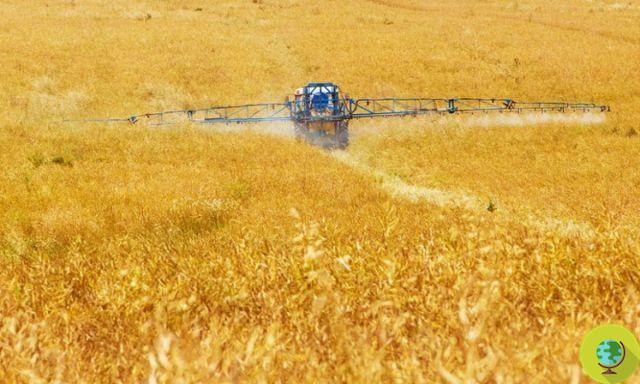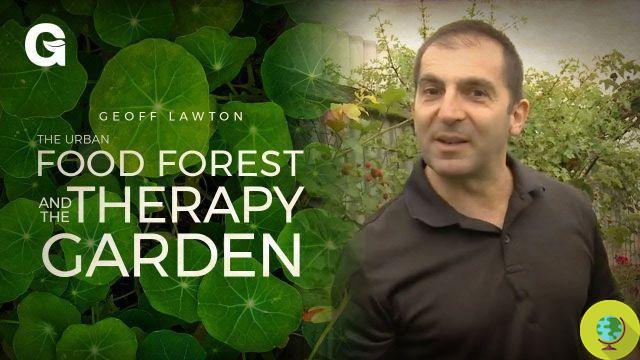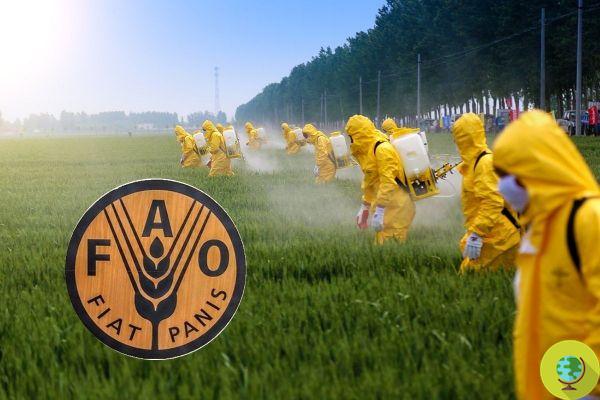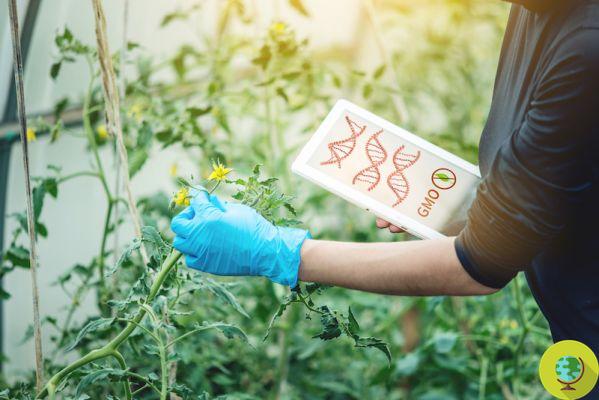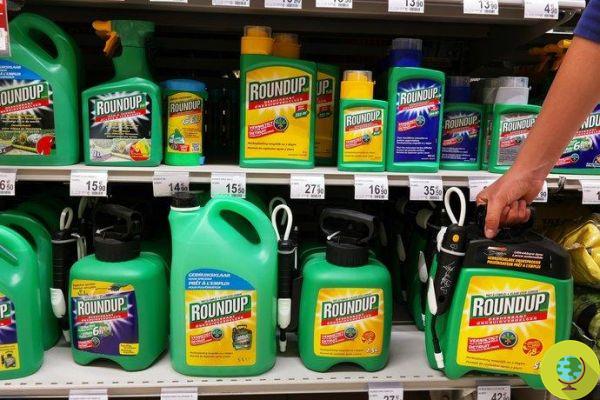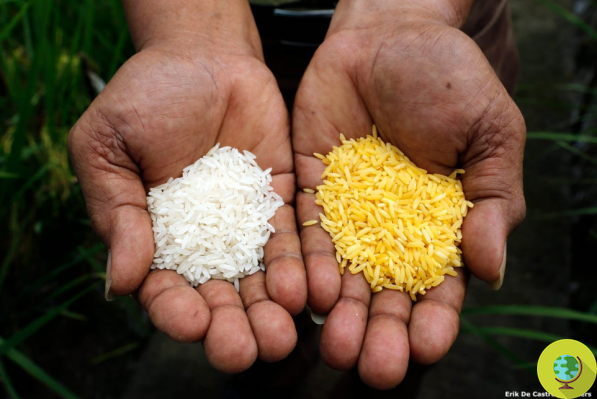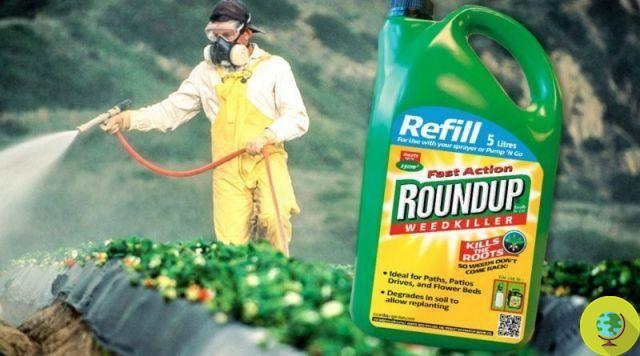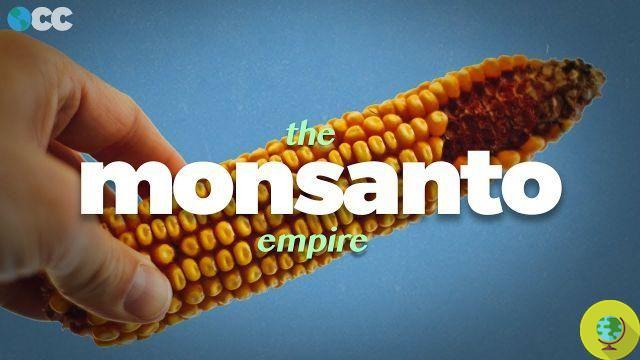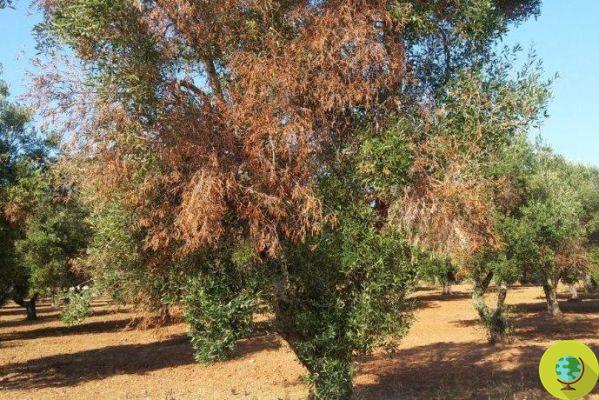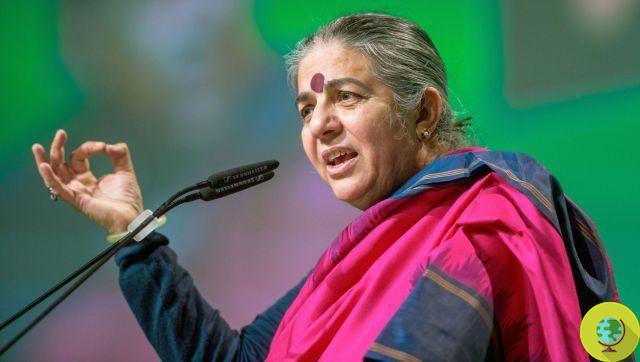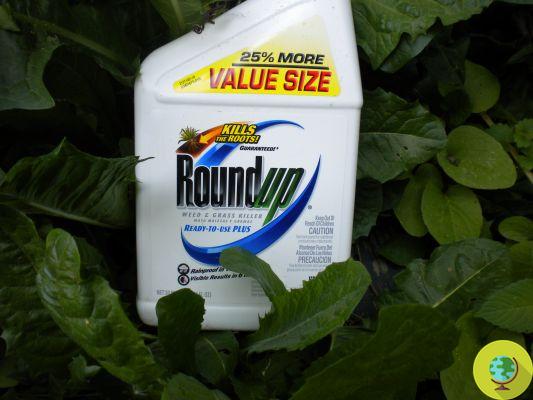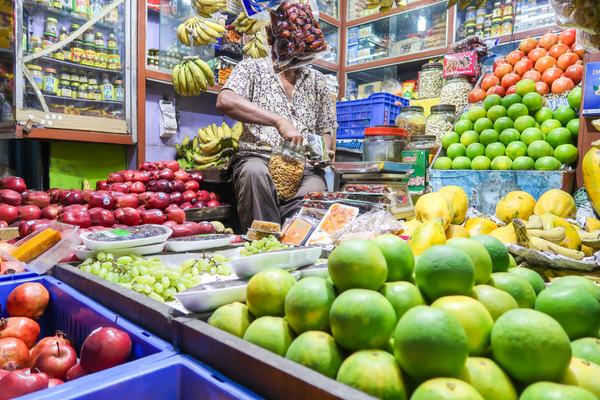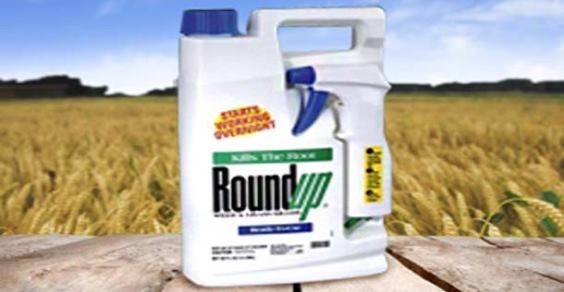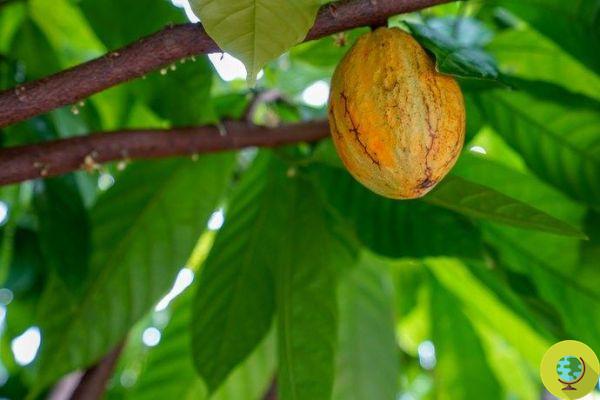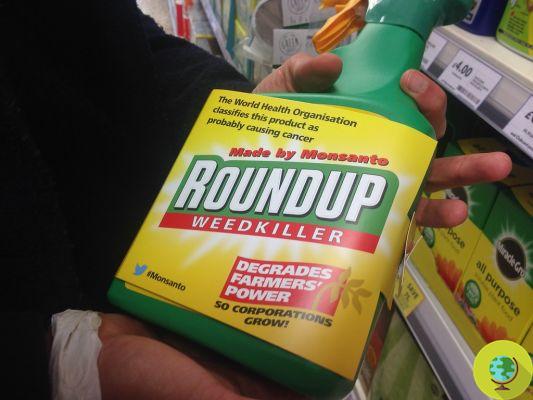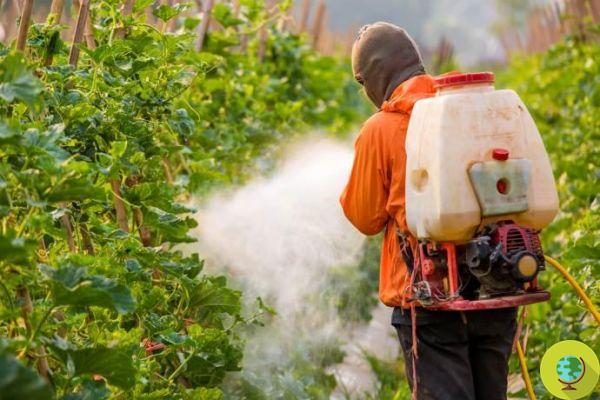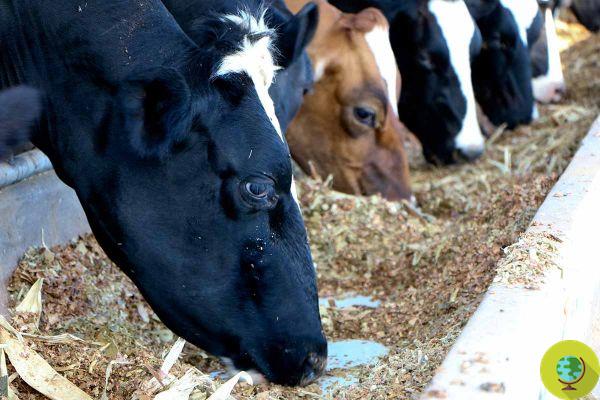
EFSA commented on titanium dioxide in animal feed considering it as unsafe as the food additive for human use
He is about to end up run over, his mother saves himEFSA commented on titanium dioxide in animal feed considering it as unsafe as the food additive for human use
EFSA returns to comment on titanium dioxide. After the scientific opinion that considered it unsafe as a food additive, now the no to the use of this substance in animal feed has arrived.
In May, EFSA, the European Food Safety Authority, was very clear:
Taking into account all available scientific studies and data, the Panel concluded that titanium dioxide can no longer be considered safe as a food additive.
Read also: “It can no longer be considered safe”: titanium dioxide as a food additive rejected
Now EFSA has come out again, following a request from the European Commission asking it to provide a scientific opinion on the safety and efficacy of titanium dioxide (TiO2) for all animal species. TiO2 is in fact used as a coloring additive in feed.
Following all the inquiries carried out by the EFSA expert group, the following conclusion was reached:
Titanium dioxide can no longer be considered safe when used as an additive in animal feed. The evaluation carried out by the EFSA Panel on Additives and Products or Substances used in Feed (FEEDAP) follows the conclusion reached by the EFSA Panel on Food Additives and Flavorings (FAF) that the same compound cannot more be considered safe when used as a food additive.
The conclusion refers to TiO2 as a feed additive for all animal species. TiO2 (E171), EFSA writes, is absorbed to a lesser extent but its particles can accumulate in the body due to their long half-life:
After ingestion the absorption of titanium dioxide particles is low, however they can accumulate in the body. This, together with the lack of data, made it impossible for the Panel to draw conclusions about the safety of TiO2 for animals, consumers and the environment.
The Panel also states that it has not been able to exclude a possible risk of genotoxicity of this substance, ie the ability to damage DNA, and this raises many concerns about the safety of the additive in particular for long-lived and reproductive animals.
Furthermore, in the absence of studies, the Panel cannot draw any conclusions regarding the effects of the additive on the eyes and skin.
Titanium dioxide is currently authorized as a colorant in the food sector but also in cosmetics. We often find it in sunscreens that use mineral filters, but in this case there would be no risk since it is considered carcinogenic only if inhaled (however, spray formulations should be avoided).
Read all of our articles on titanium dioxide.
Source: Efsa
- Carcinogenic titanium dioxide in most of the masks analyzed, the complaint of Adiconsum Veneto
- Titanium dioxide: "carcinogenic by inhalation", from February on the label on products containing it
- E171: Mars, Lindt and Haribo say enough to use the titanium dioxide dye in nano-particles
- 2 out of 3 toothpastes contain titanium dioxide, a possible carcinogen. The French analysis




